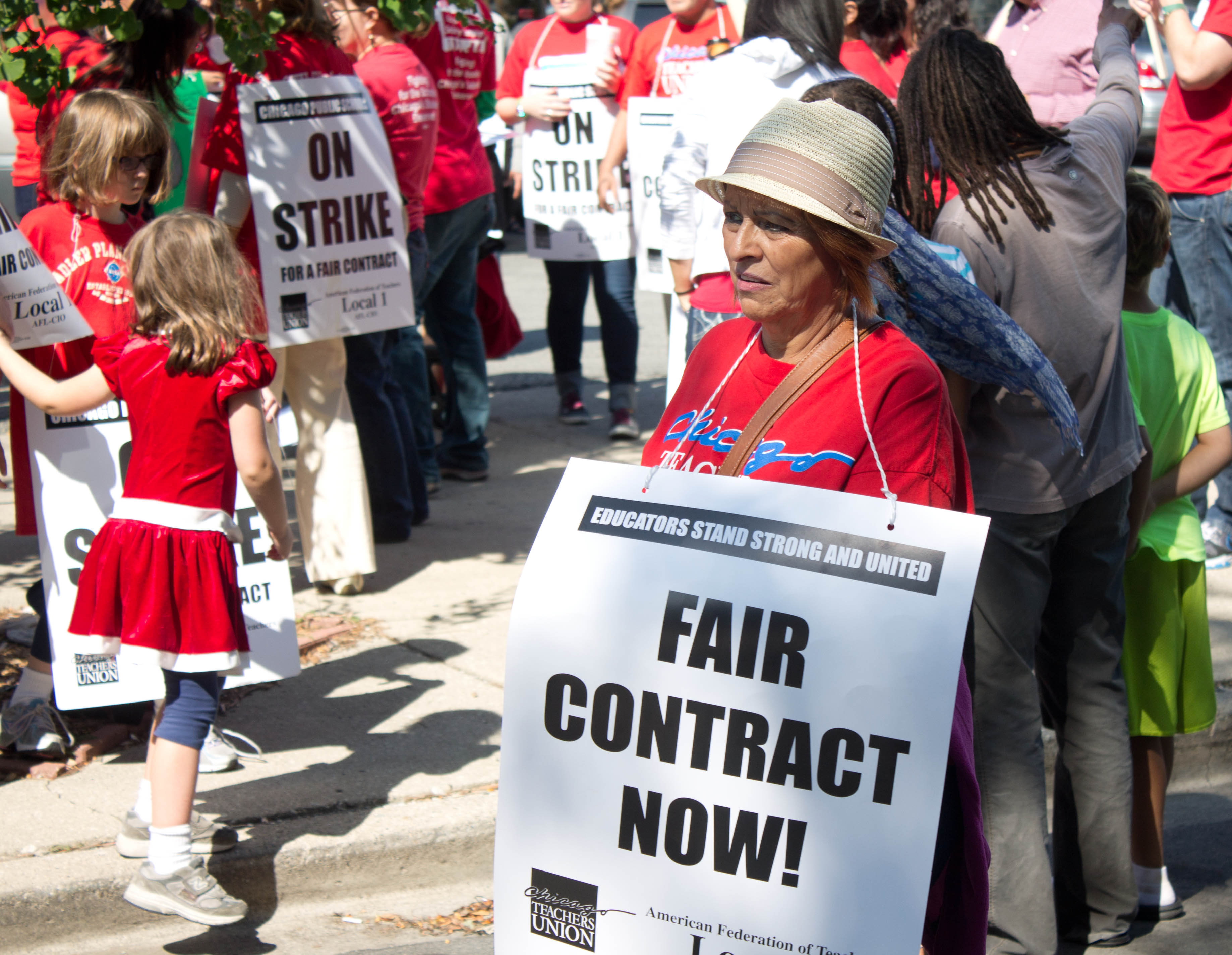Views expressed in opinion columns are the author’s own.
In a recent incident at Clarksburg High School in Montgomery County, authorities say Alwin Chen, an 18-year-old student, built his own semiautomatic handgun and brought it to school. Court documents say Chen told detectives that he regularly brought the weapon to school, keeping it in a backpack or under his shirt, to protect himself and other students from a potential mass shooter. Chen was arrested after a student, who told police he was “always talking about bringing guns to school and saying how he would kill anyone,” alerted a school resource officer he had a loaded weapon at school. The incident didn’t end in tragedy, but it speaks to the disturbingly high stakes of being a teacher while we continue to treat them like any other worker.
In the wake of the Parkland shooting, the gun control debate has centered on protecting children. But teachers don’t sign up to be shot at either. Educators are often expected to be lecturers, disciplinarians, role models and counselors. And they can add emergency response to their list of responsibilities. Phrases like “hero teacher saves child from gunman” are unfortunately getting common enough that they’re almost synonymous with “teacher does their job.”
And yet average high school teacher salaries by state slump as low as $42,460. The factors that put America in such an absurd position that teachers have good reason to fear for their safety are too complex to fix with lukewarm, conservative-leaning “gun control” policies like raising the minimum age to buy a gun. But while America grapples with its attraction to violence, it at least owes educators compensation for their (bafflingly) dangerous jobs. If teachers want to convince Americans and lawmakers of their value, they should force us to go without them.
It’s worked before. The 2012 eight-day strike in Chicago is an important example of protest improving compensation for educators. Teachers walked away with a 17.6 percent raise and pay less tied to test scores.
With such success stories on local levels, it only makes sense that national action could bring teachers the recognition and compensation they deserve. “A Day Without Immigrants,” a similar national protest in 2017, succeeded in demonstrating the importance of immigrants for American businesses. A national teachers’ strike following in its footsteps might be even more effective, potentially keeping millions of children from school. The message would be impossible to ignore.
A nationwide teachers’ strike might seem radical, but radical action may be the only way to convince lawmakers to take the burden they’ve placed on educators seriously. If school boards and state governments expect educators to both teach kids fractions and protect them from bullets, they should at least have the decency to pay them for both jobs.
Nate Rogers is a freshman physics major. He can be reached at nrogers2@terpmail.umd.edu.



